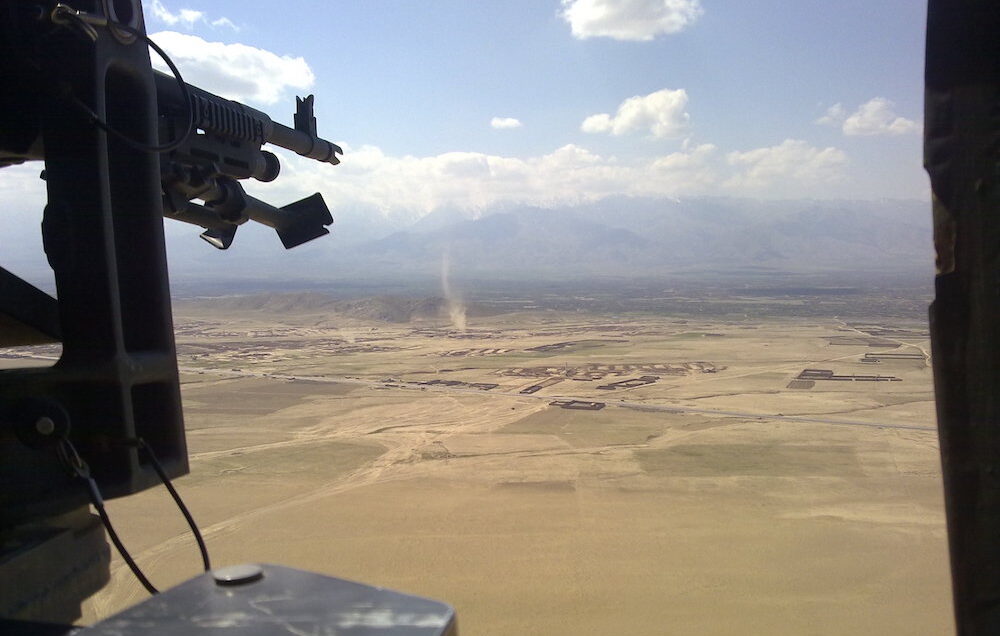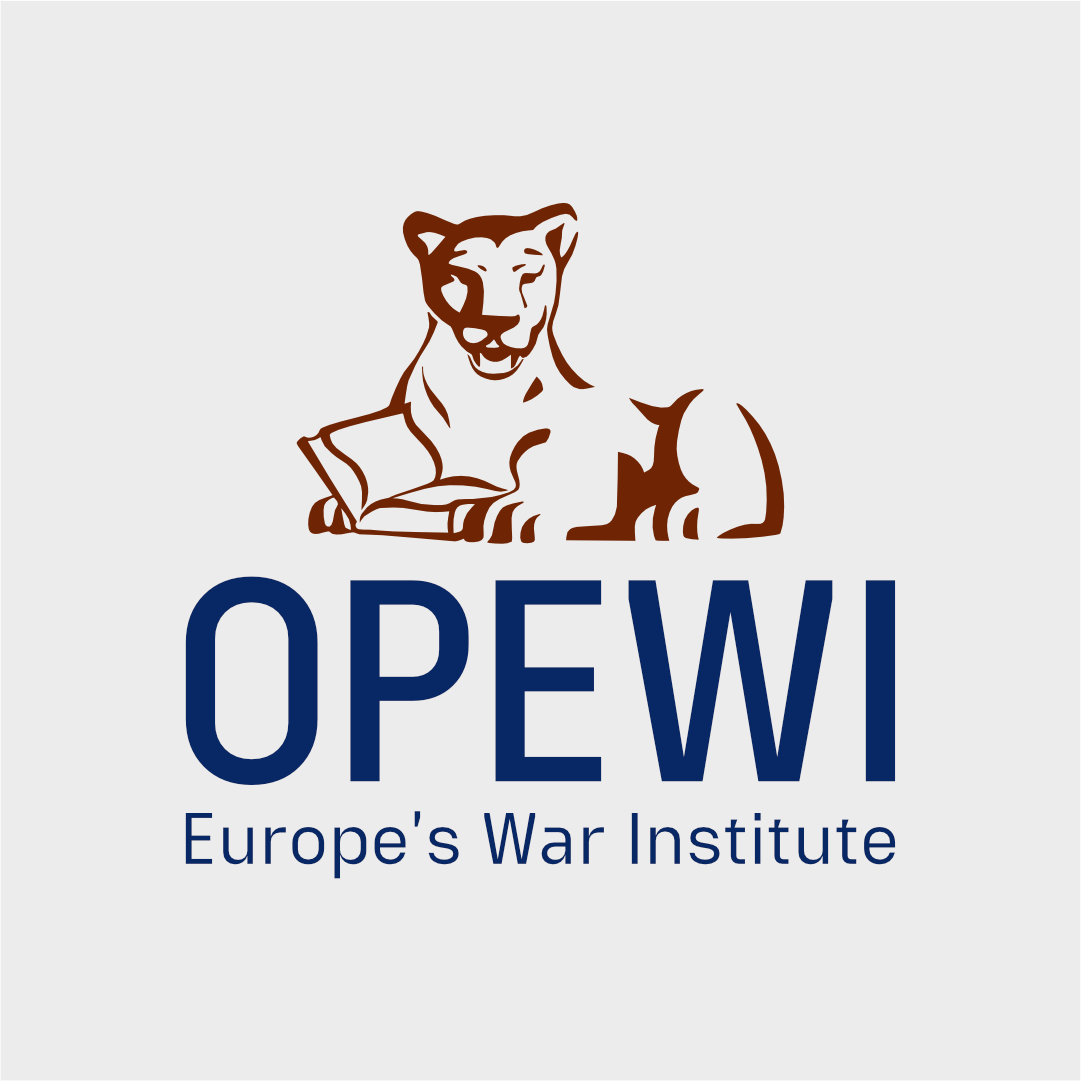
A French Window to the Kabul Fiasco

The author, Michael Benhamou, is the Executive Director of OPEWI. Formerly, he served as a Political Advisor for NATO and EU operations.
A version of this article appeared in the Summer 2023 issue of the French magazine “Commentaire”.
By anticipating the recapture of Kabul by the Taliban in August 2021, the French Ambassador to Afghanistan, David Martinon, saved lives. However, the diplomat was isolated in the face of several American intelligence agencies feigning optimism, in the face of European officials playing for time, in the face of a French community on the ground that refused to understand the meaning of brute force. His book “Les 15 jours qui ont fait basculer Kaboul” (“The 15 days that rocked Kabul”) enables a look back at what foresight coupled with crisis management means both in France and in the USA.
Eyes Wide Open in Kabul
How could one predict the sudden return of the Taliban a year prior to the summer of 2021? What criteria were used to justify the evacuation of hundreds of Afghans at risk to French territory as early as Spring 2021, amidst mocking smiles or signs of irritation?
The Ambassador rarely uses fancy terms like “weak signals” in his narrative – those invisible indicators that some perceive in the rumbling noise of data streams; nor does he have the knack of quoting anthropologists who have delved into Afghan rurality such as David Edwards or Thomas Barfield. His references seem more elementary: Michael Barry’s “Kingdom of Insolence“, for example, an event-driven history of Afghanistan that prefers the macabre detail of battles and torture to the micro-depths of socio-cultural analysis. Kessel also recurs a lot, the adventurous novel “Les Cavaliers” (“The Horsemen”), that the author of these lines confesses to have read with the same passion in his adolescence.
No ground breaking methodology at first glance.
Further on, Ambassador Martinon speaks without illusions about the Afghan President, Ashraf Ghani (in contrast to his worldwide “intellectual turned democratic reformer” aura) and then about the US-Taliban agreement of February 2020 – a “peace agreement” officially, but “actually an organized withdrawal agreement” according to French intelligence. The Ambassador then commissioned his team to study the resilience of the Afghan Army. Their conclusion was simple: without air support from the U.S. Army, Kabul would fall between forty-five days and three months.
Given President Biden’s well-known scepticism towards the NATO mission in Afghanistan and “his (reduced) limited footprint” position during the 2020 US elections, very much in line with Donald Trump’s refusal to feel responsible for Afghanistan’s future, such foresight became a planning baseline for the French embassy.
Then, all this accumulation of Washington signals became news: U.S. air support ended on July 1, 2021; the Taliban entered Kabul on August 15, 2021, precisely forty-five days after the drones and satellites stopped. Full strike for the low bracket.
At this point, Olivier Todd’s “La Chute de Saigon” (“The Fall of Saigon”) comes to mind, an account of the last months of America-backed South Vietnam until the capture of Saigon by the Northern Communist troops at the end of April 1975. In this book, we find the same predictive weakness of American intelligence agencies, the same surprise of the opponent at the speed of his own victories, the same scenes of panic – poor Vietnamese falling from the air after clinging to the wheels of American planes – the same bureaucratic temptation “not to risk one’s career by getting wet before others”, the same French intuition in the person of the French ambassador in Hanoi, Philippe Richer, who was one of the few to predict the reunification of Vietnam by the communist forces in the first half of 1975.
Continuing to weave this Vietnam/Afghanistan parallel, one realises that the summer of 2021 provides a rich harvest on the American Empire itself.
An Empire that progresses
Let us remember the America of 1920. An isolationist public opinion, embassy jobs that paid little at the end of month as General Eisenhower’s advisor Bob Murphy recalled in his memoirs; intelligence officials also “without prestige” according to Roberta Wohlstetter’s audit of the Pearl Harbour attack.
1960s follow up: the opposite excess with the mathematization of data processing at the time of Vietnam – the “IBM analysts” who reduced the Vietnamese peasant to his short-term economic interests. An intelligence effort that was better integrated and more culturally accepted, but mistakes were still made, and they were heavy. Todd insists on these absurd syntheses of irreconcilable opinions arriving on the desk of the US President – “democratic South Vietnam can hold together in its entirety, or shrink around its capital Saigon, or collapse completely…” (Todd). He also emphasizes the CIA’s refusal to call the incoming communist victory until mid-March 1975 and Secretary of State Henry Kissinger’s refusal to evacuate most of the staff until mid-April ’75 – only two weeks before the vengeful entry of communist troops.
Yet, these American leaders not only had a dozen international emergencies to arbitrate at the same time: they also had to lay the foundations for a brand-new imperial management scheme – new in the sense that it was democratic. Three factors without any real historical precedent had to be weighed at a moment’s notice: 1) the deleterious effects of the transparency of parliamentary debates; 2) the delicate balance between the truth of confidential reports presenting logical strategic solutions, on the one hand, and the risks of leakage and local feelings of abandonment, on the other; 3) the accountability discharge allowed by an Oval Office rotation.
When these three parameters are applied to the Afghanistan of 2021, and if the observer focuses on the decision-making process itself, on the options proposed and on the course of action implemented, setting aside the bruised egos and the publicized tragedies, America can be defined as a power making progress.
Transparency vs. control – the Trump and Biden teams negotiated in secret with the Taliban, without bringing the Afghan government into the loop. The result: clear deadlines between the two parties, an agreement on the American control of the airport at the time of the evacuation. NATO allies felt slighted, however, but the sequence was much cleaner than in Vietnam, when the airport was bombed by the Communists, forcing the U.S. embassy into the humiliating chaos of helicopter shuttles. Above all, American officials in 1975 depended on (Soviet) Hungarian or Polish delegations to pass coordination messages to the approaching Communist fighters, a mechanism which proved particularly vague and that distressed Kissinger more than one night. Finally, it is worth noting that the US Congress preserves government secrets better than it did in the 1970s, when the Communists were able to anticipate the American refusal to get back in the fight simply by listening to parliamentary outcries offering tactical information in the open (Todd).
Truth vs. panic – difficult to resolve that dilemma in the age of social networks and WikiLeaks. Nevertheless, Washington must be singled out for something that French Ambassador Martinon does not specify in his book: an American withdrawal does not carry the same emotional weight as a French withdrawal. The former almost guarantees a crowd movement, sometimes a self-fulfilling spiral playing against the local forces that one supports; while the latter goes relatively unnoticed since Napoleon Bonaparte. The path from “signal” to “planning” and onwards to “execution” is therefore more flexible for Paris. Moreover, American intelligence at the end of 2020 seems to have at least sensed the direction of the wind if it has not measured its intensity: Washington was counting on a return of the Taliban in the short-to-medium term. The CIA was betting on October 2021; others were anticipating a defense of Kabul that would only have prolonged the inevitable. If confirmed, we would again be making some headway: remember that the American embassy in Vietnam wrote at the beginning of April 1975, three weeks before the final collapse, “that Americans must avoid alarmism at all costs, as Saigon can largely hold out!” (Todd).
Unaccountability vs. trust – measuring the value of an American promise is becoming increasingly accessible. Damages aside, one can now better integrate Washington’s politico-military ways into his own equation. Having served in Los Angeles during his career may have helped Ambassador Martinon in this regard. One of the strengths of the early months of the Trump campaign in 2015 lay in this blunt admission “that yes the United States screwed up the Middle East [after 9/11]…but I will not take responsibility for the consequences.” Voting Trump meant not owning George W. Bush’s mistakes; it was a less poetic copy of President Gerald Ford’s “regain your pride and look forward” in the midst of the attack on Saigon at the end of April ’75, despite the thousands of prisoners and cases of torture that were already piling up in South Vietnam. The transition of power in the White House is a foreign affairs flush.
America holds its tactical cards closer to the chest, develops a strategic planning process that the world is now accustomed to since World War II. A military withdrawal is necessarily thankless, with its share of deaths and “misses”, but this American closure was more convincing than twenty years of counter-insurgency.
For his part, David Martinon reminds us that intuition and anticipation are not “built” primarily by technology and statistics, contrary to what some intel analysts continue to assert. The intellectual courage to stand up to a noisy, sometimes ideology-biased majority, the physical courage to live in a country at war for several years in a row, and a certain form of dispassionate common sense that cannot be quantified count just as much.
The French flair. This is what Ambassador Martinon embodied, in his own way.
Image: Michael Benhamou ownership


